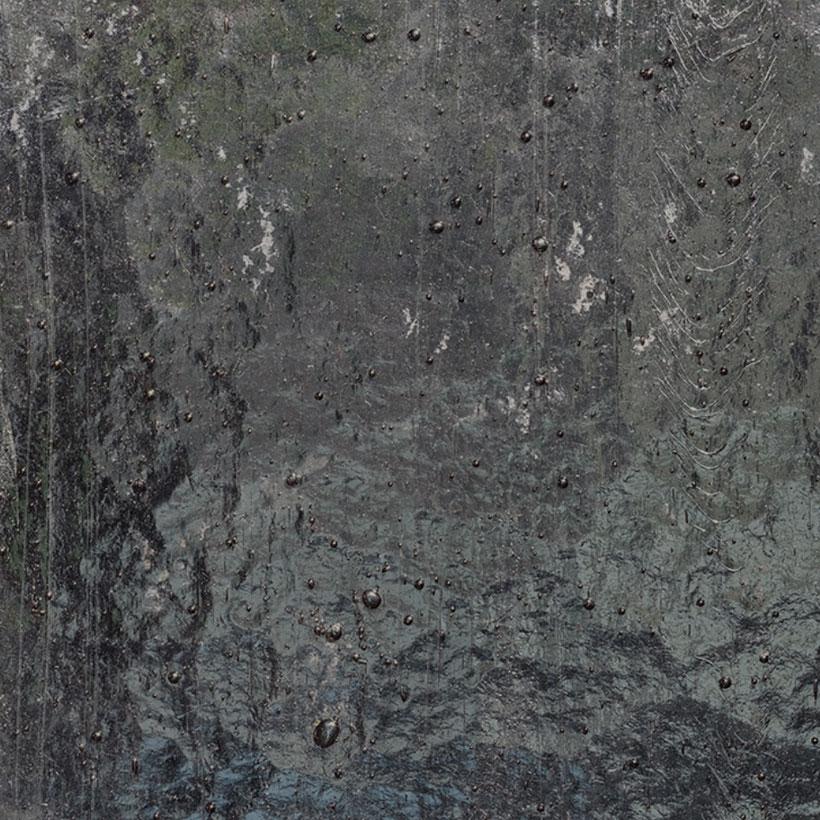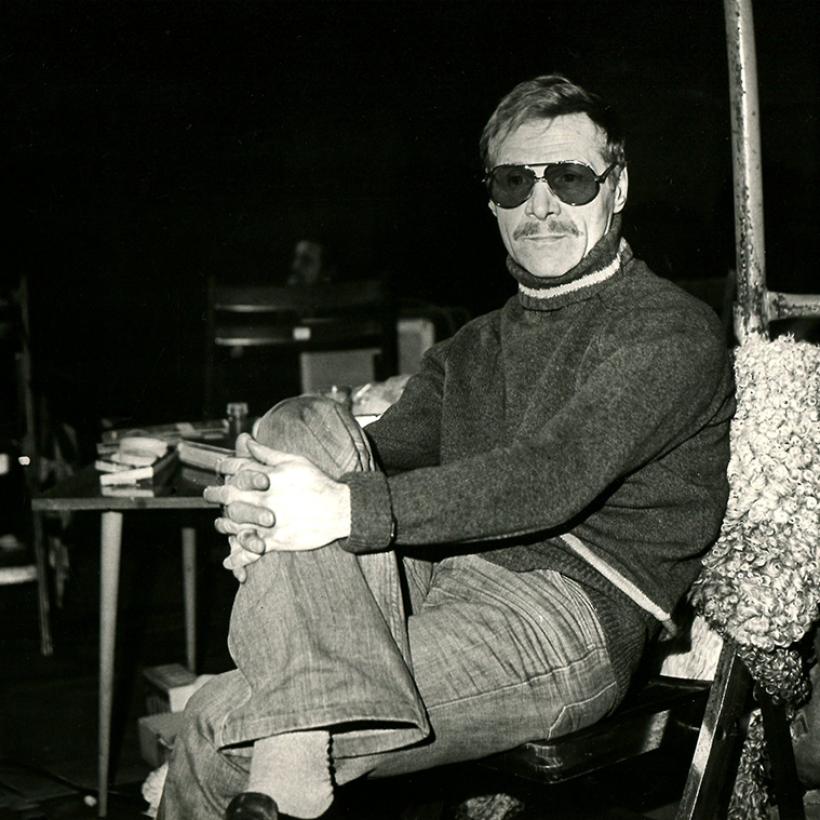Drzewiecki Theatre
The nearly fifteen-year period of Conrad Drzewiecki's leadership is characterized by pioneering artistic endeavors that placed the Poznań company among Europe's best companies, as evidenced by, among other things, numerous invitations to international ballet festivals.
The beginning of his pioneering work in creating a new style of ballet in Poland dates back to the late 1960s and early 1970s, when he introduced the new style of ballet to the Poznań Opera Ballet Company.
The beginning of his pioneering activity in the creation of a new style of Polish ballet dates back to the late 1960s and early 1970s, when he introduced new original choreographic compositions into the repertoire of the Poznań Opera ballet he led, synthesizing neoclassical technique and modern dance. The different style and artistic program proposed by Conrad Drzewiecki soon resulted in the concept of creating an autonomous company: Polish Dance Theater - Poznan Ballet, which, according to the intention of its founder, was to "create forms that are a continuation of what is currently happening in world ballet."
Initiated in 1973 and lasting until 1987, Conrad Drzewiecki's work with the Polish Dance Theater is marked by genuine success, exemplified, among other things, by prestigious awards: a diploma from the Minister of Foreign Affairs and the State Award of the first degree for the promotion of Polish culture abroad, an ITI diploma for the popularization of Polish art abroad, the Award of the City of Poznań for special achievements in culture and art, the title of Meritorious for the Culture of the Nation, numerous tours throughout Europe and invitations to participate in world festivals, such as: International Dance Festival in Paris and Chateauvallon, Baletto Oggi in Bari, Musica Sacra in Milan, Intercontri Musicali Romani, Bregener Festspiele and Berliner Festtage.
.Atractive repertoire offerings, new original dance language and contemporary theatrical form proposed by the Poznań ensemble, meet with the appreciation of audiences around the world.
.The performances realized by Conrad Drzewiecki have passed into the legend of Polish ballet: "The Firebird" (1967), "Adagio for Strings and Organ" (1967), "Pavane to the Death of the Infanta" (1968), "The Miraculous Mandarin" (1970), "Epitaph for Don Juan" (1974), "Eternal Songs" (1975), "Modus vivendi" (1975), "Stabat Mater" (1976), "Krzesany" (1977), "Yesterdey" (1982). Many of them have also gained their own film version.
Konrad Drzewiecki
Laureate of the Silver Medal of the International Dance Competition in Bucharest (with Teresa Kujawa - 1953), Gold Medal of the International Dance Competition in Warsaw (1955) Primo Premio Assoluto of the International Ballet Competition in Vercelli (1956). He was a soloist and from 1963 to 1973 ballet director of the Poznań Opera, Grand Ballet du Marquis de Cuevas, Theatre D'art du Ballet, Ballet de Paris, Ludmila Tcherina Ballet.
From 1971 to 1980, he was artistic director of the State Ballet School in Poznań.
He has also choreographed works outside Poland, including at Ballet Nationale J.M.F., Het National Ballet in Amsterdam, Danza Nationale de Cuba in Havana, Staatsoper and Deutsche Oper in Berlin, Stadttheatern Malmö and Narodne Divadlo in Prague.
.Recent performances for the Polish Dance Theater: "Roxana's Song" and "Death of Isolde," Conrad Drzewiecki prepared in 1998 for the theater's 25th anniversary.
Theater.

